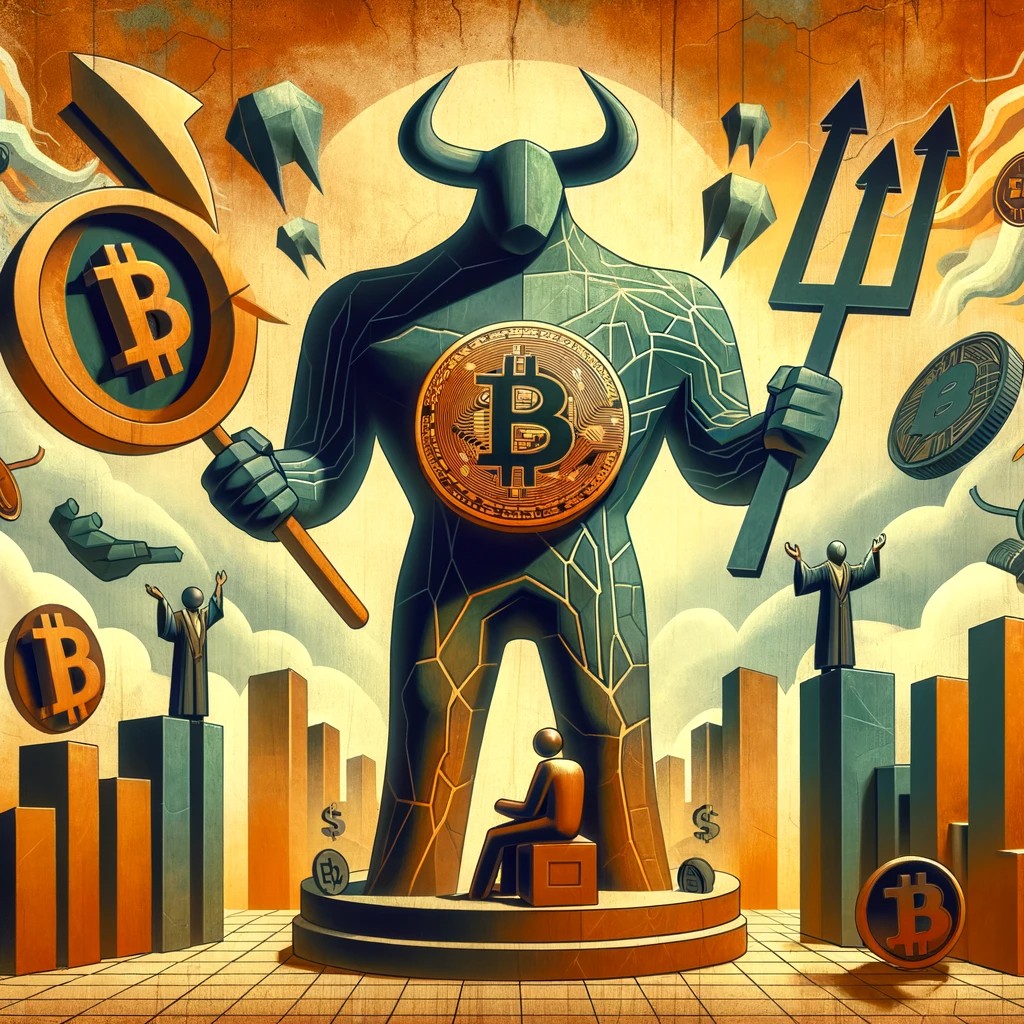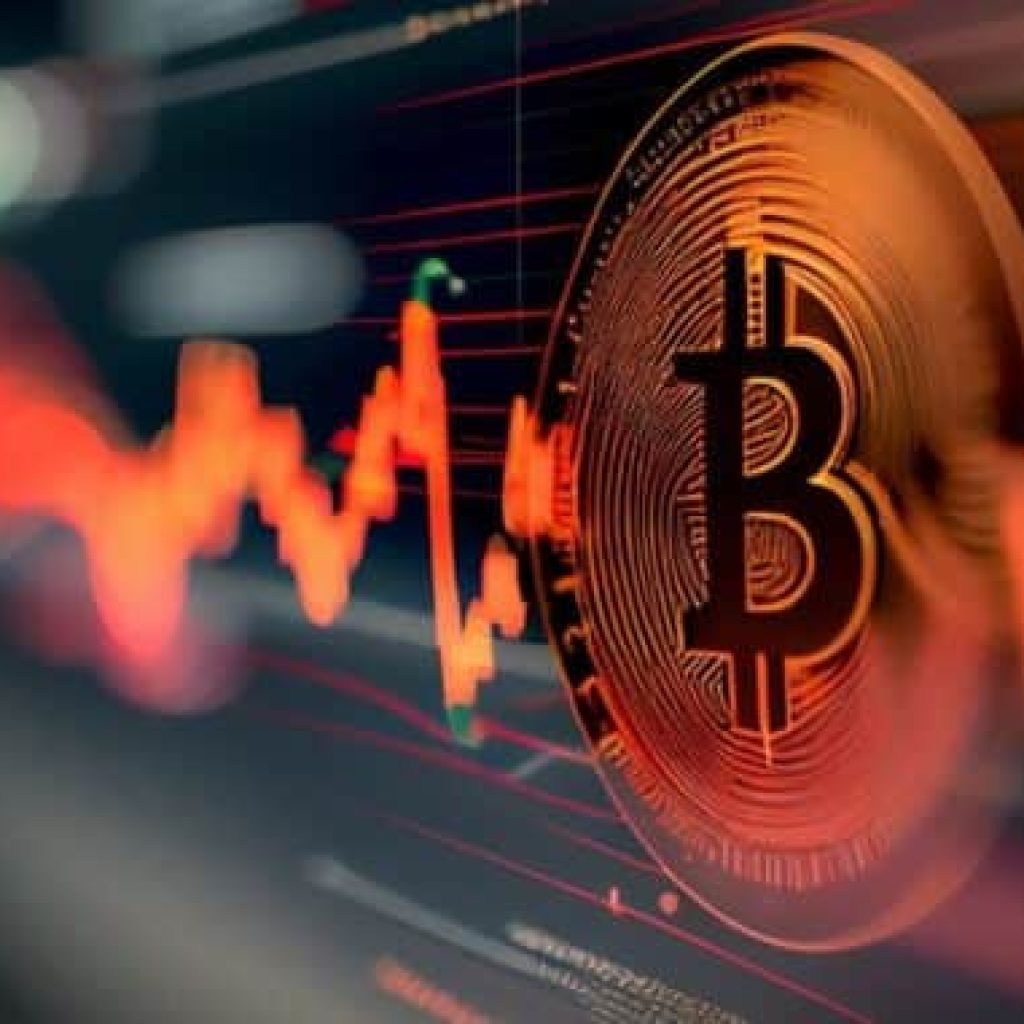The recent buzz around spot Bitcoin ETFs, proclaimed as a monumental stride in blending cryptocurrencies with traditional finance, might be more sizzle than steak. The real question is not whether these ETFs are a breakthrough in financial innovation, but rather, what is their actual utility in the grand tapestry of economic functions?
Redefining Currency’s Role or Chasing Shadows?
Historically, the essence of any currency lies in its ability to simplify consumption, business transactions, and foster capital investment. The allure of trading, speculation, and hedging only comes into the picture once a currency cements its role in these fundamental economic activities. It’s a sequence of utility first, then speculation – a natural progression seen with stalwarts like the dollar, the pound, or the yen.
For Bitcoin, however, the script seems flipped. It’s like putting the speculative cart before the utility horse. Emerging economies, plagued by inflation, often turn to established currencies like the U.S. dollar for stability in daily transactions. Bitcoin enthusiasts argue that it could be a superior alternative, yet the reality begs to differ. Take El Salvador’s experiment with Bitcoin – a leap of faith with questionable returns. Despite high hopes, Bitcoin accounted for a measly 1 percent of El Salvador’s remittances in the first half of 2023.
If we view cryptocurrencies purely as currencies, their absence in day-to-day economic transactions is glaring. Apart from niche uses in some emerging markets, Bitcoin’s utility in everyday commerce – like buying groceries or paying bills – remains limited. Ironically, it’s found more use in less savory activities: covert transactions, wealth concealment, or funding unsavory acts.
Bitcoin ETFs: A Speculative Mirage or a Financial Revolution?
With the introduction of Bitcoin ETFs, there’s an enthusiastic notion that this could catalyze the broader adoption of cryptocurrencies in everyday transactions. Yet, this optimism seems premature. Buying a cup of coffee with Bitcoin remains as impractical as ever.
The real appeal of Bitcoin ETFs may lie in their allure as speculative instruments. They open the floodgates to mainstream investors, offering a safer harbor to navigate the choppy waters of crypto trading. But here’s a word of caution for established financial institutions: bubbles have a history of bursting, and the fallout can be unpredictable, as seen with the dot-com and housing crashes. The expansion of Bitcoin speculation might set a similar trap, with legal and financial quagmires lying in wait.
The democratization of market access, often a harbinger of financial bubbles, seems to be playing out with Bitcoin ETFs. These products may seem like a level playing field for all investors, but history teaches us that such scenarios often precede economic bubbles. Furthermore, the proliferation of Bitcoin ETFs could inadvertently interfere with the Federal Reserve’s efforts to combat inflation. Bubbles divert capital from productive uses to speculative assets, potentially fueling inflationary pressures.
As global economic dynamics shift, with the U.S. grappling with its trade deficit, one would expect capital flows to prioritize essential infrastructure and capital improvements. However, Bitcoin ETFs might lure this capital into speculative ventures, offering little to no productive value.
Comparing Bitcoin to gold, as some do, is a stretch. Precious metals have tangible economic uses beyond mere speculation or value storage. Bitcoin is more akin to digital tulips, reminiscent of the Dutch tulip mania of the 1600s, where speculation reached such a frenzy that tulip bulbs were traded on the Amsterdam Stock Exchange. Today, Bitcoin ETFs are set to take center stage on major exchanges like the NYSE and Nasdaq, likely fueling public interest for the wrong reasons.
Prospective investors should tread cautiously. Bitcoin and its ilk still predominantly serve as tools for speculation, not as currencies with established economic merit. The recent developments only broaden the scope of this speculation, potentially ensnaring a wider, perhaps unsuspecting, audience.
While Bitcoin ETFs may seem like a milestone for cryptocurrency integration into mainstream finance, their real impact and utility remain questionable. Like a siren’s song, they beckon with promises of democratization and innovation, but beneath the surface lies a speculative frenzy, detached from the foundational role of currency in the economy. As we navigate this new terrain, it’s crucial to differentiate between genuine financial progress and a speculative mirage, lest we find ourselves caught in the latest economic bubble, dazzled by digital tulips in a modern marketplace.





